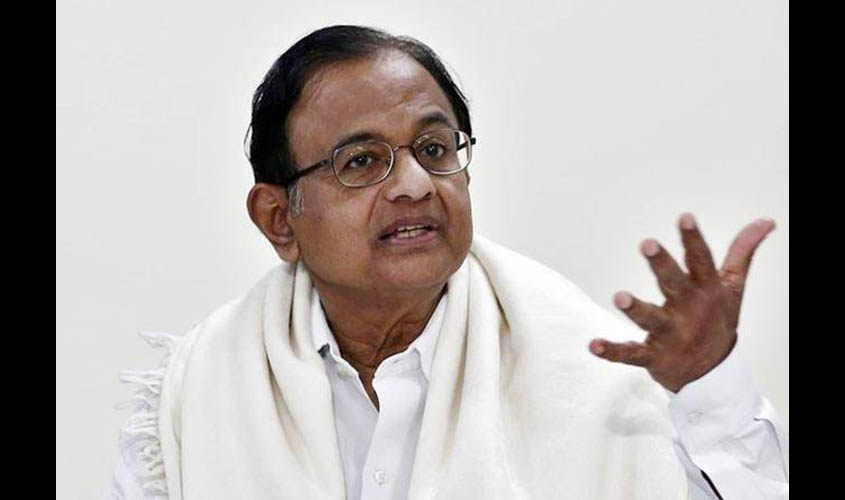He emphasised that not only would the Rafale deal not be cancelled, it would be expanded in scope once payment schedules got discussed and worked out.
Congress president Rahul Gandhi has been diligent in adapting the BJP’s 2014 electoral strategy for the 2019 Lok Sabha polls. Using the 36 aircraft Rafale deal as his focus, he has daily been repeating a few catchy slogans that claim the agreement was tainted with graft. In each of these, he has concentrated his fire on Prime Minister Narendra Modi, aware that the latter’s image of honesty is a primary talking point of the BJP. Rahul Gandhi has also made use of news items appearing in the media, notably in the Hindu, that use internal government and other communications to highlight concerns relating to the deal. Fortunately for Prime Minister Modi, another champion of the Rafale deal has come out in public, asserting that the aircraft is a good buy, and that only a few details concerning the price needed to be re-negotiated before further squadrons of the aircraft get bought by the Government of India. This lenient view of the entire transaction has been expressed by former Union Finance Minister P. Chidambaram, who, associates say, has emerged as the closest advisor to the new Congress president, just as he was to Sonia Gandhi during her years in the same office. Neither has Chidambaram himself questioned the Indian Express 14 February front page story, nor has the Congress Party sought to correct one of its most influential MPs, who is even being reported as being considered as a non-Nehru family alternative for the Prime Ministership in a future government, should the arithmetic open the door to a non-BJP alternative to the present government. Apart, of course, from the Enforcement Directorate and other agencies continuing to fail during coming weeks in convincing the courts to allow them to get custody of the former Finance Minister. Returning to Rafale, apart from the explicit assertion that purchases made under the deal would be significantly expanded were the Congress Party to be in the driver’s seat on policy, Chidambaram has distanced himself from the Congress president by making it clear through implication that he has little worry about the Indian offset partner chosen by Dassault. While Chidambaram gave lip service to a future parliamentary investigation of the transaction, he simultaneously foreclosed its conclusions by emphasising that not only would the Rafale deal entered into by the BJP-led government not be cancelled, it would be expanded in scope once payment schedules relating to price got discussed and worked out. Those with suspicious minds may see this as code for Rafale needing to be more persuasive to a new government in order to save the order, but admirers of Chidambaram say that the obvious wealth of his family is grounded in his and other close family members having a mastery of business principles, rather than any use of official discretion. It remains to be seen whether Chidambaram’s interview was an early sign that the Congress Party would begin dialling back its rhetoric on Rafale, or whether the party would allow two competing narratives to enter the public domain, not for the first time where a political party is concerned. Rewind to Mulayam Singh’s endorsement of Narendra Modi’s repeat of his 2014 victory in the coming polls, a view not (publicly at least) shared by Samajwadi Party captain Akhilesh Yadav.
The deal for purchase of 36 Rafale aircraft may be as critical as its supporters claim it to be. But two squadrons will not suffice to fill the gaps in the combat aircraft capability of the Indian Air Force, which needs around 200 additional frontline aircraft if the IAF is to be a sufficient deterrent to adventurism against India and its interests. HAL needs to be split into multiple parts, with each having a majority private domestic or foreign partner, if the overall agency is to revive. More importantly, India needs to settle on its preferred security partner. Before the USSR imploded, that role belonged to Moscow. However, Russia is today the closest ally of China, followed by Pakistan. That leaves few other options in a context where a strong security partnership is essential for ensuring primacy (together with allies) in the Indo-Pacific.
When the MMRCA saga first unfolded nearly two decades ago, the first preference of this columnist was for the Saab Gripen, for the reason that the entire company was for sale. Had it been bought the way the Tatas took over Jaguar-Land Rover, this country would have secured immediate access

